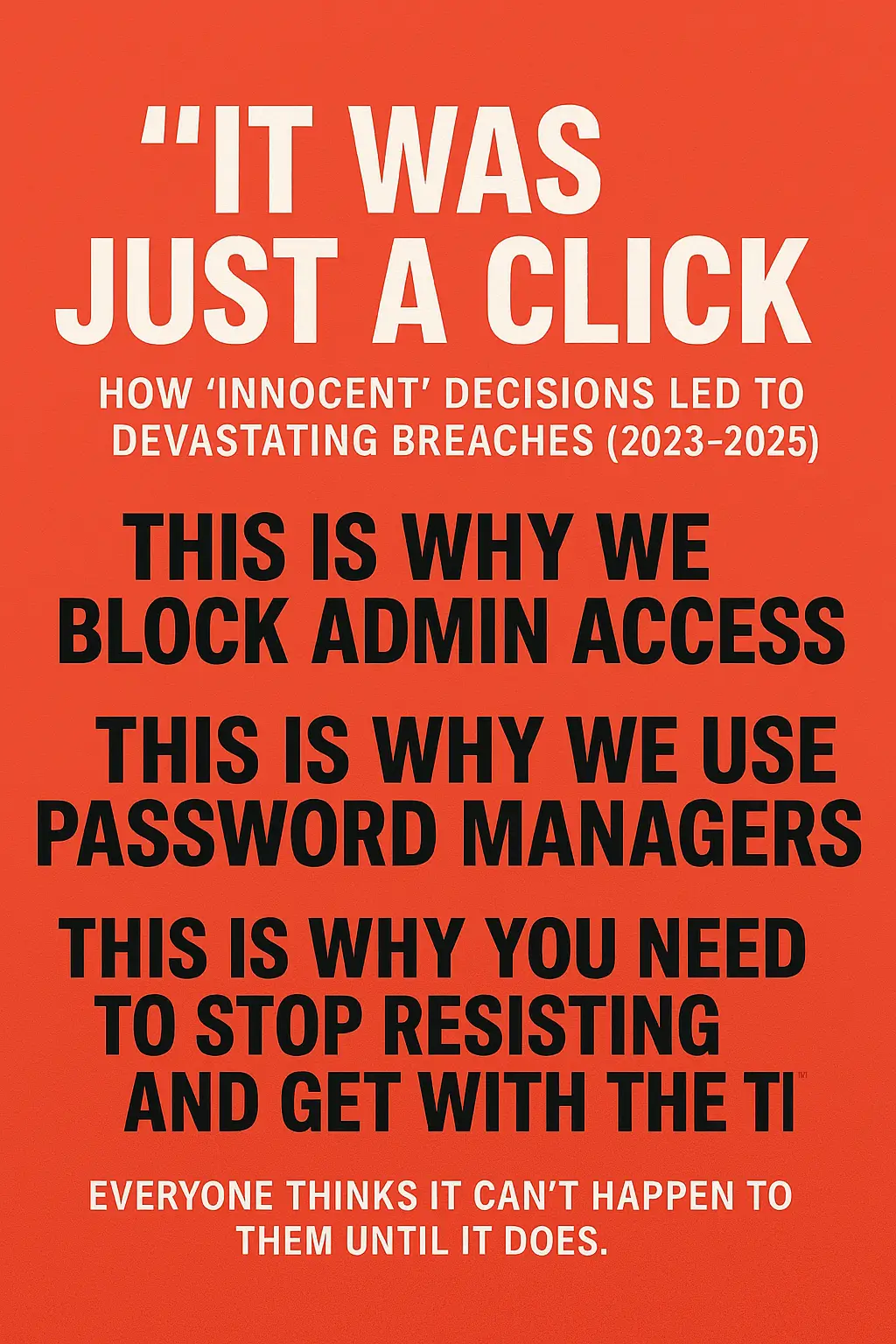When business owners struggle to organize their businesses and seek help, but then fail to prioritize this support, they often display a toxic trait: poor priorities. This scenario highlights how failing to take action on available help can hinder a business’s growth and success.
Scenario Breakdown
Imagine a business owner publicly asks for assistance to organize their business. They receive an offer for a free consultation and support. In response, they provide their phone number but begin making excuses about their schedule. To streamline the process, the consultant provides a scheduling link, allowing the owner to select a convenient time. Despite this, the business owner does not respond. After a follow-up, the owner repeats their excuses, claiming they still don’t have time. A suggestion is made to schedule something in the future to avoid continuous delays, but the owner remains non-committal.
This behavior underscores a troubling contradiction: the business owner initially expressed a need for help but then actively avoided committing to it.
Understanding the Issue: Lack of Commitment
This scenario sheds light on a significant issue. The business owner, likely aware of their need for help, nevertheless fails to prioritize it, even when a no-cost, low-effort solution is presented. The question arises: If improving the business is truly important to them, why do they avoid committing to the process that could lead to meaningful change?
There are several possible reasons behind this type of behavior:
- Procrastination: The business owner may feel overwhelmed and procrastinate instead of tackling their issues head-on. They might avoid action, believing they’ll get to it eventually, but never actually committing.
- Fear of Change: Even when change is necessary, fear of the unknown can cause hesitation. The business owner may worry that the process will disrupt their existing operations or expose weaknesses they’re not ready to face.
- Lack of Accountability: When a business owner is not held accountable, it’s easier to delay actions. Without someone checking in or providing a sense of urgency, they may not feel compelled to act promptly.
- Misaligned Priorities: The business owner might feel that other tasks or issues are more pressing. They could be too focused on immediate, day-to-day operations, overlooking the long-term benefits of organizing and structuring their business.
- Underestimating the Value of Assistance: The owner might not fully appreciate the impact of the offered help. Without a clear understanding of how this support could transform their business, they might not prioritize it as they should.
The Cost of Poor Priorities
This lack of prioritization has tangible consequences. By not committing to the help they requested, business owners risk staying stuck in ineffective patterns. The opportunity for growth is squandered, and they may eventually face more significant challenges as a result of inaction.
For instance:
- Lost Opportunities: Turning down or delaying free expert help can result in missed opportunities to streamline processes, increase productivity, or expand the business.
- Increased Stress and Burnout: Without proper organization, the business owner may continue to face the same issues, leading to mounting stress and potential burnout.
- Stagnation: Growth requires change and adaptation. By not prioritizing support, the business risks stagnating, losing competitiveness, and failing to reach its potential.
Shifting the Mindset
If you’re a business owner, it’s crucial to assess where your priorities lie and reflect on how you allocate your time. Are you pushing back on help that could lead to improvement? Are you truly committed to your business’s success?
When help is offered, especially at no cost, it’s essential to:
- Make Time: Even if your schedule feels packed, find a way to prioritize this kind of support. It could lead to improvements that save you time in the long run.
- Commit to the Process: Taking action and being open to change can unlock new opportunities. If you’re serious about growth, you must commit to the steps that will help you get there.
- Hold Yourself Accountable: Set a specific time to follow through on your intentions. Share your commitment with others who can help keep you on track.
By adjusting your mindset and prioritizing effectively, you can avoid the trap of poor priorities and move your business toward meaningful progress.
Final Thoughts
Poor priorities often stem from a reluctance to commit to change. As a business owner, if you’re reaching out for help, it’s essential to follow through. Take the time to reflect: If your business truly matters to you, are you willing to commit to the steps needed to improve it?








